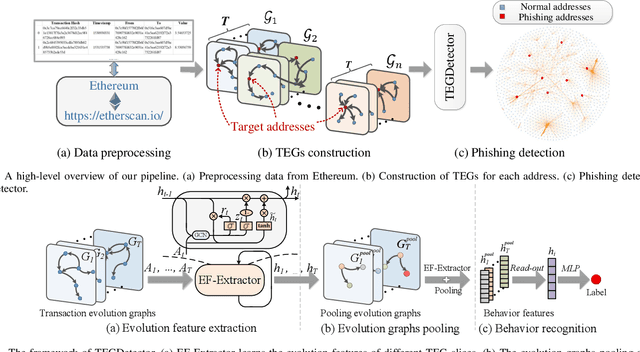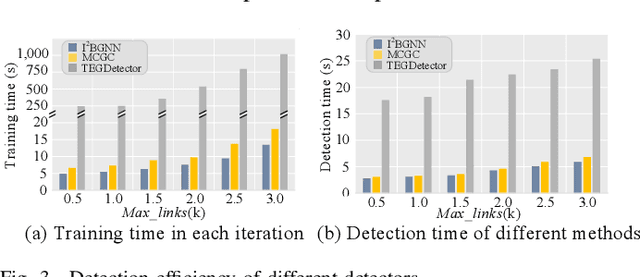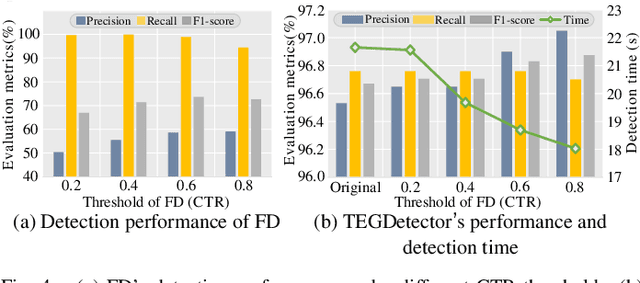TEGDetector: A Phishing Detector that Knows Evolving Transaction Behaviors
Paper and Code
Nov 26, 2021



Recently, phishing scams have posed a significant threat to blockchains. Phishing detectors direct their efforts in hunting phishing addresses. Most of the detectors extract target addresses' transaction behavior features by random walking or constructing static subgraphs. The random walking methods,unfortunately, usually miss structural information due to limited sampling sequence length, while the static subgraph methods tend to ignore temporal features lying in the evolving transaction behaviors. More importantly, their performance undergoes severe degradation when the malicious users intentionally hide phishing behaviors. To address these challenges, we propose TEGDetector, a dynamic graph classifier that learns the evolving behavior features from transaction evolution graphs (TEGs). First, we cast the transaction series into multiple time slices, capturing the target address's transaction behaviors in different periods. Then, we provide a fast non-parametric phishing detector to narrow down the search space of suspicious addresses. Finally, TEGDetector considers both the spatial and temporal evolutions towards a complete characterization of the evolving transaction behaviors. Moreover, TEGDetector utilizes adaptively learnt time coefficient to pay distinct attention to different periods, which provides several novel insights. Extensive experiments on the large-scale Ethereum transaction dataset demonstrate that the proposed method achieves state-of-the-art detection performance.
 Add to Chrome
Add to Chrome Add to Firefox
Add to Firefox Add to Edge
Add to Edge